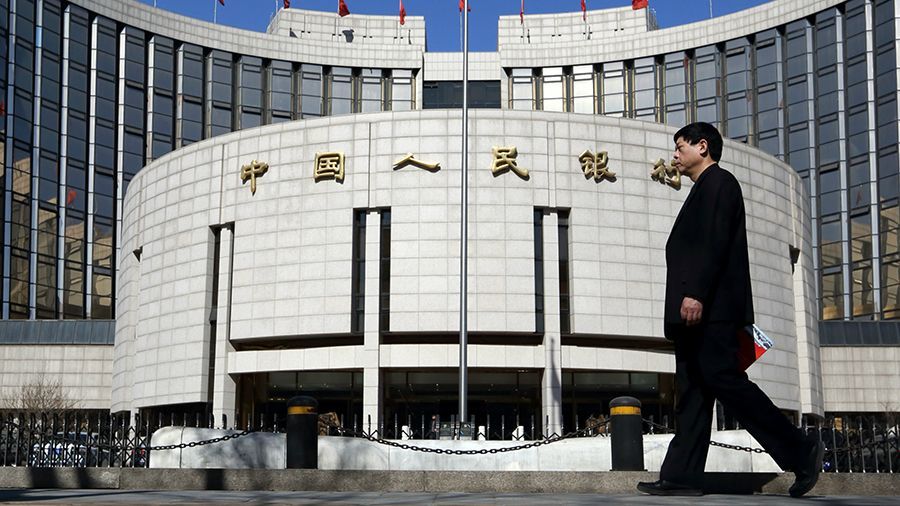The Bank of Japan announced the creation of a Committee on Government Digital Currencies, and six Chinese banks have begun testing digital yuan wallets.
According to the Bank of Japan, the Committee was created so that the country’s regulators can interact with the government and the private sector, exchanging information on developments regarding government digital currencies. Further steps for a simplified and efficient implementation of PoC in the banking sector will also be discussed. Last fall, the Central Bank of Japan (BoJ) began preparations for a pilot launch of its own digital currency, and will move on to the first phase of testing the digital yen next month.
China is also far advanced in testing the state-owned stablecoin of the People’s Bank of China (PBOC). A few days ago, local media reported that six major state-owned banks in China had begun testing digital yuan wallets. These include the Bank of China, Bank of Communications, Postal Savings Bank of China, Agricultural Bank of China, China Construction Bank, and Industrial and Commercial Bank of China. To participate in the digital yuan trial, customers can apply to be whitelisted.
The NBK will consider applications on an individual basis. If the request is approved, the user will be provided with a special wallet connected to the digital yuan app. Approved candidates will receive text messages with instructions on how to download and set up digital wallets using a QR code. Initially, there was a restriction for wallets – users will not be able to spend more than 1000 digital yuan per day, but in the future it will be possible to apply for an increase in the payment limit. If desired, wallets can be linked to valid bank cards issued by banks that take part in the testing.
A NBK researcher said this week that the digital yuan will not be completely anonymous, and the details of the transactions will be made available to the central bank and regulators. This is necessary to improve financial supervision.







